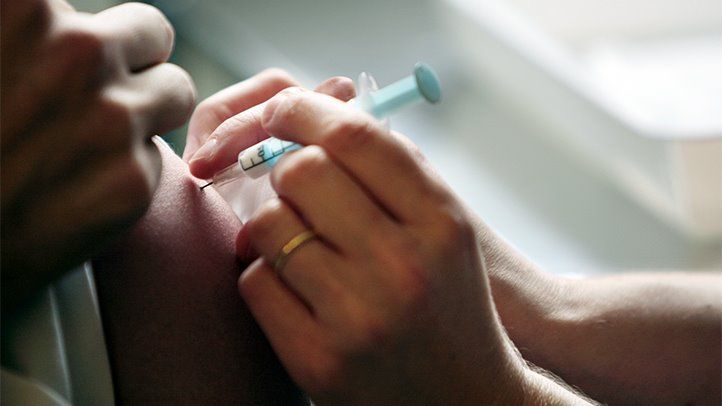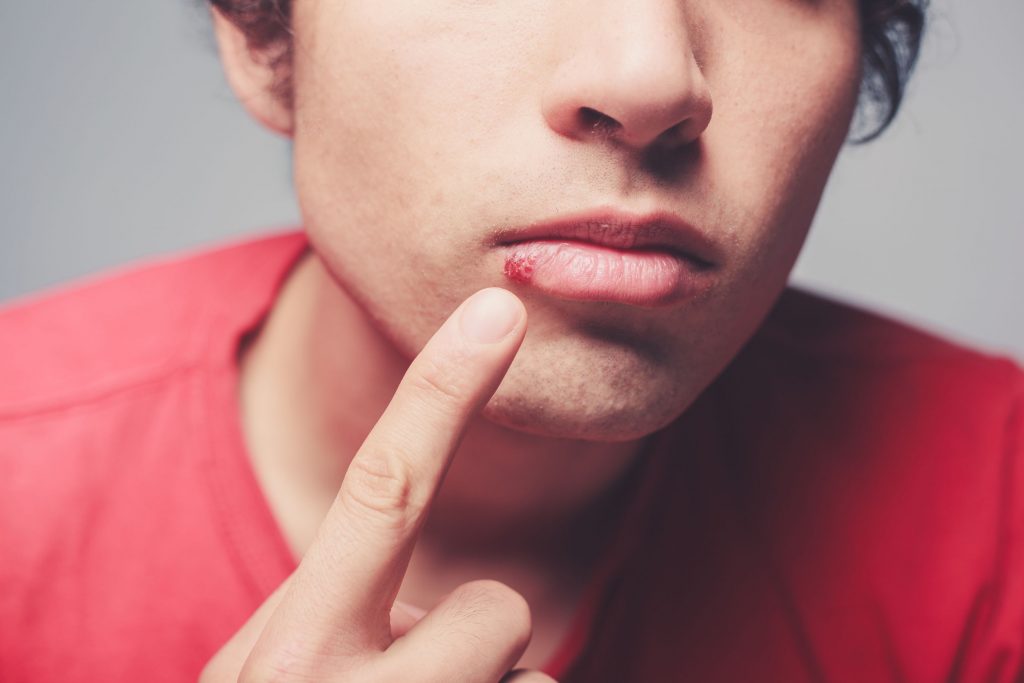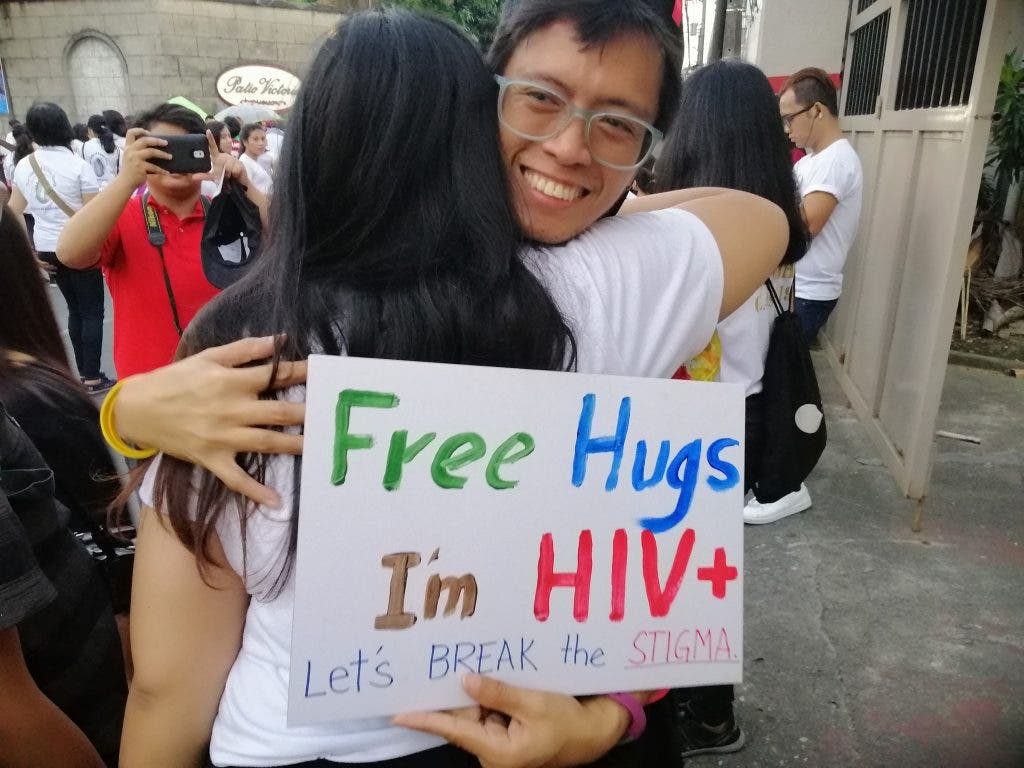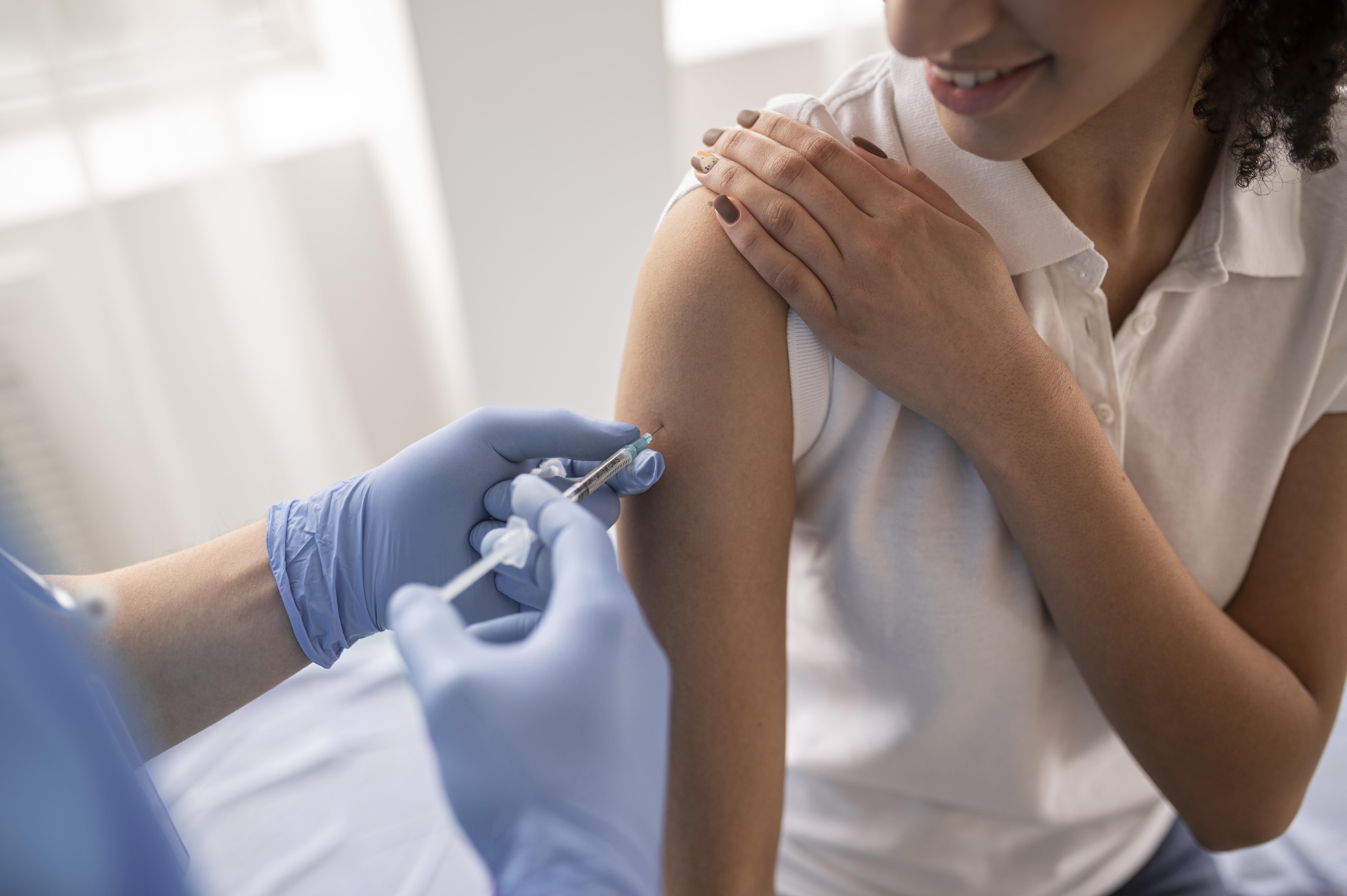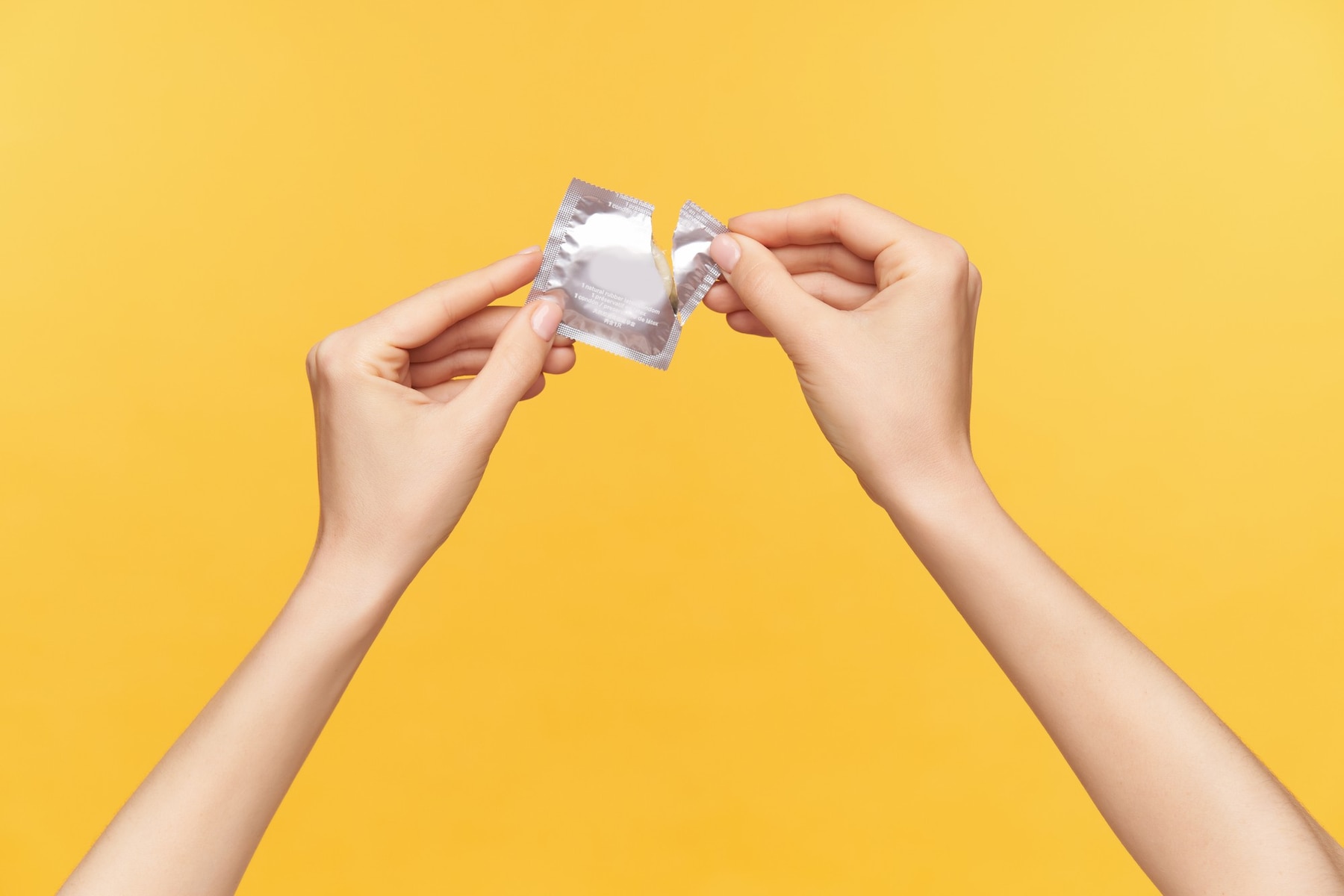Here Are The 7 Most Common STIs In Malaysia & How They Can Be Treated
While some STIs are benign, others, without timely treatment, can lead to severe diseases and complications.
There is so much unnecessary shame and fear surrounding the topic of sexually transmitted infections (STIs).
However, behind the stigma, STIs are just that: infections. As long as you are sexually active, you, too, run the risk of contracting one.
STIs are infections that are generally acquired by sexual contact; they are caused by bacteria, viruses, or parasites that are transmitted through blood, semen, or vaginal and other bodily fluids.
STIs can affect anyone, regardless of sexual orientation.
Sometimes, STIs do not show symptoms. So it's possible to contract infections from people who seem perfectly healthy and may not know they have an active infection.
And while some STIs are benign, others, without timely treatment, can lead to severe diseases and complications.
The good news is, although not all STIs are curable, all STIs are treatable and manageable with proper medication and care
We spoke to sexologist Dr Rachael Winston of MUC Healthcare who told us that the most common STIs in Malaysia include:
– Chlamydia
– Gonorrhoea
– Syphilis
– Trichomoniasis
– Herpes simplex virus (HSV) type 2
– Human immunodeficiency virus (HIV)
– Human papillomavirus (HPV)
This article looks at these STIs, how they often present, their possible complications, and how they are usually treated.
1. Chlamydia
Chlamydia is a common STI caused by the bacteria Chlamydia trachomatis.
It can affect the genitals, the urinary tract, the rectum, and the eyes (yes, if infected semen or vaginal fluid enters the eye).
Depending on the area it infects, symptoms can include yellow and thick vaginal discharge in women, urethral discharge in men, or burning pain during urination. Symptoms may appear seven to 21 days after exposure.
The infection, however, does not usually cause any symptoms, and people often spread it unknowingly to a sexual partner.
Treatment: Chlamydia is curable with a three-day to five-day course of oral antibiotics.
Possible complications if left untreated: Pelvic inflammatory disease in women (inflammation of the womb, fallopian tubes, and ovaries), epididymitis in men (inflammation of the sperm storage tube), infertility, blindness, and transmission from a pregnant mother to an unborn child.
2. Gonorrhoea
Gonorrhoea is another common STI. It is caused by the bacteria Neisseria gonorrhoeae.
It can affect the genitals, the rectum, mouth, and eyes.
Typical symptoms of gonorrhoea include thin yellowish or greenish discharge from the vagina or penis, and painful urination. However, around one in 10 men and half of infected women do not experience any symptoms.
Symptoms may appear one to 14 days after infection.
Treatment: Gonorrhoea is curable with a single-dose injection of antibiotics. However, the infection may soon become difficult to treat again due to resistance to some classes of antibiotics.
Possible complications if left untreated: Pelvic inflammatory disease in women, epididymitis in men, infertility, blindness, transmission from pregnant mother to child, and permanent blindness to newborn baby.
3. Syphilis
Syphilis is caused by the bacteria Treponema pallidum and can lead to serious, permanent complications if left untreated.
Syphilis is a disease that occurs in three stages:
- Primary syphilis: Small sores on the genitals, rectum, or mouth called chancres.
- Secondary syphilis: Rashes on the skin and spread to the lymph nodes.
- Tertiary syphilis: Involvement and inflammation of the brain, nervous system, eyes, heart, and other organs.
The infection typically begins with a single painless sore on the penis or vagina, approximately three weeks, or up to three months, after exposure.
Sometimes, the superficial sore may resolve on its own. However, without treatment, the bacteria remains dormant inside a person's body and may reactivate in the future.
It is usually only infectious when open sores or lesions are present on the skin.
Treatment: Syphilis is curable. Depending on the stage of the disease, daily to weekly injections of antibiotics will be given for up to three weeks. However, treatment cannot undo any damage the infection has caused to other organs during the late stages.
Possible complications if left untreated: Brain damage, seizures, blindness, paralysis, and transmission from pregnant mother to child.
4. Trichomoniasis
Trichomoniasis is caused by a parasite called Trichomonas vaginalis, and despite its name, can affect both men and women.
It usually affects the vagina, cervix, urethra, and vulva in women, and only the urethra in men. It is not as likely to infect the throat or anus as other STIs.
An infected person will not usually develop any symptoms, although they can still pass it on to others. However, if they do present with symptoms, they often include foul-smelling, yellow-green vaginal or urethral discharge, and itching or soreness of the genitals.
Treatment: Trichomoniasis is curable with a five-day to seven-day course of an oral antibiotic (that has antiparasitic properties).
Possible complications if left untreated: An increased risk of acquiring other STIs, infertility, and an active infection may trigger preterm labour in pregnant mothers.
5. Herpes
Herpes is an infection caused by the herpes simplex virus.
It typically appears as small blisters called cold sores, which recover on their own in seven to 10 days. However, the virus stays dormant in our nerves lifelong, and reoccur in episodes, when tingling or shooting pains may occur before the blisters appear again.
There are two types of herpes simplex virus (HSV) based on where they infect:
- Herpes simplex 1 (HSV-1, commonly known as oral herpes) that spreads by saliva and tends to affect the mouth and face.
- Herpes simplex 2 (HSV-2, commonly known as genital herpes) that is spread by sexual contact and tends to affect the genitals.
However, either form of HSV can show up on other parts of the body if they come in contact (eg. if you receive oral sex from someone who has a cold sore on their mouth, it may spread HSV-1 to your genitals).
Herpes is only contagious when cold sores are present and visible.
Treatment: Herpes is not a curable disease and cold sores will reoccur from time to time in an infected person. However, oral antivirals may be used to relieve symptoms of each reactivation.
Possible complications if left untreated: An increased risk of acquiring other STIs, meningitis, transmission from pregnant mothers to unborn babies, which may result in brain damage, blindness, or death.
6. Human immunodeficiency virus (HIV)
HIV is a virus that attacks the body's immune system.
Many people do not develop any symptoms when they first become infected with HIV, many only realise they have HIV when they develop other infections due to their weakened immune system.
HIV is known to cause acquired immunodeficiency syndrome (AIDS), which is actually the late stage of the HIV infection when the body's immune system is severely destroyed.
However, with today's HIV treatment and proper medical care, people with HIV can control their infections, never develop AIDS, and live long and healthy lives.
Treatment: HIV infection cannot be cured. However, it can be controlled with antiretrovirals, which reduce virus replication and prevent the deterioration of the immune system.
Successful antiretroviral treatment keeps viral loads undetectable and greatly lowers the risk of transmitting the virus to a partner.
Possible complications if left untreated: AIDS, where people often experience rapid weight loss, extreme fatigue, sores, infections, neurologic disorders, and cancers.
7. Human papillomavirus (HPV)
There are over 100 strains of HPV. However, only some are sexually transmitted, and those fall into two groups: low-risk strains that cause genital warts, which are a nuisance but considered harmless, and high-risk strains that cause cancer.
All types of HPV viruses typically affect the genitals of both men and women, causing genital warts or cancer around the cervix, vagina, vulva, penis, throat, or anus.
A HPV infection is lifelong and people with HPV are always infectious, even if they do not have symptoms.
Treatment: HPV infections do not have a cure. However, routine screening (such as Pap smears) to detect early cell changes and removal of these changes can prevent cancer.
The best way to tackle HPV is through prevention. All women and men are encouraged to get vaccinated against HPV, as well as girls and boys from the age of nine before they are ever exposed to the virus.
Possible complications if left untreated: HPV-related cancers include cervical cancer, oropharyngeal (throat) cancer, anal cancer, penile cancer, vaginal cancer, and vulvar cancer.
The bottom line is, most STIs can be treated, if not cured.
The key is to practise safe sex and get regular screening (especially after switching partners!) to ensure that infections are promptly treated.
Also, if you have an active STI, be responsible and have an open and honest conversation with your partner before you have sex!
The information provided is for educational and communication purposes only and it should not be construed as personal medical advice. Information published in this article is not intended to replace, supplant, or augment a consultation with a health professional regarding the reader's own medical care.
Look out for more #sexualhealth stories and tips this month!
From contraceptives to vibrators, and intimacy to abstinence, no topic is off limits. Join us in normalising conversations surrounding sexual health.
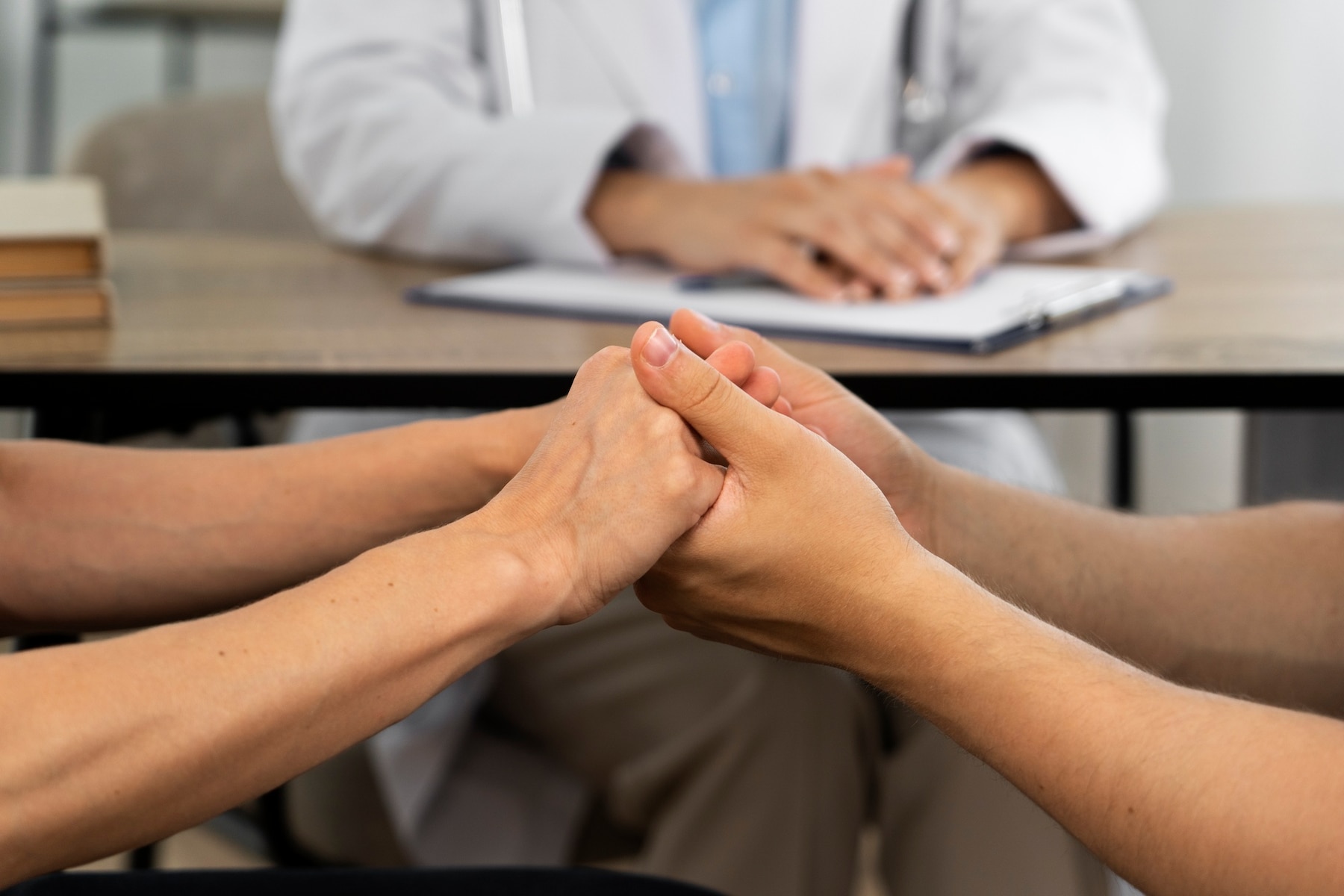

:max_bytes(150000):strip_icc():format(webp)/male-doctor-and-testicular-cancer-patient-are-discussing-about-testicular-cancer-test-report--testicular-cancer-and-prostate-cancer-concept--1042158234-5a1a5d786e34418aa6dd5d884efec7e3.jpg)
